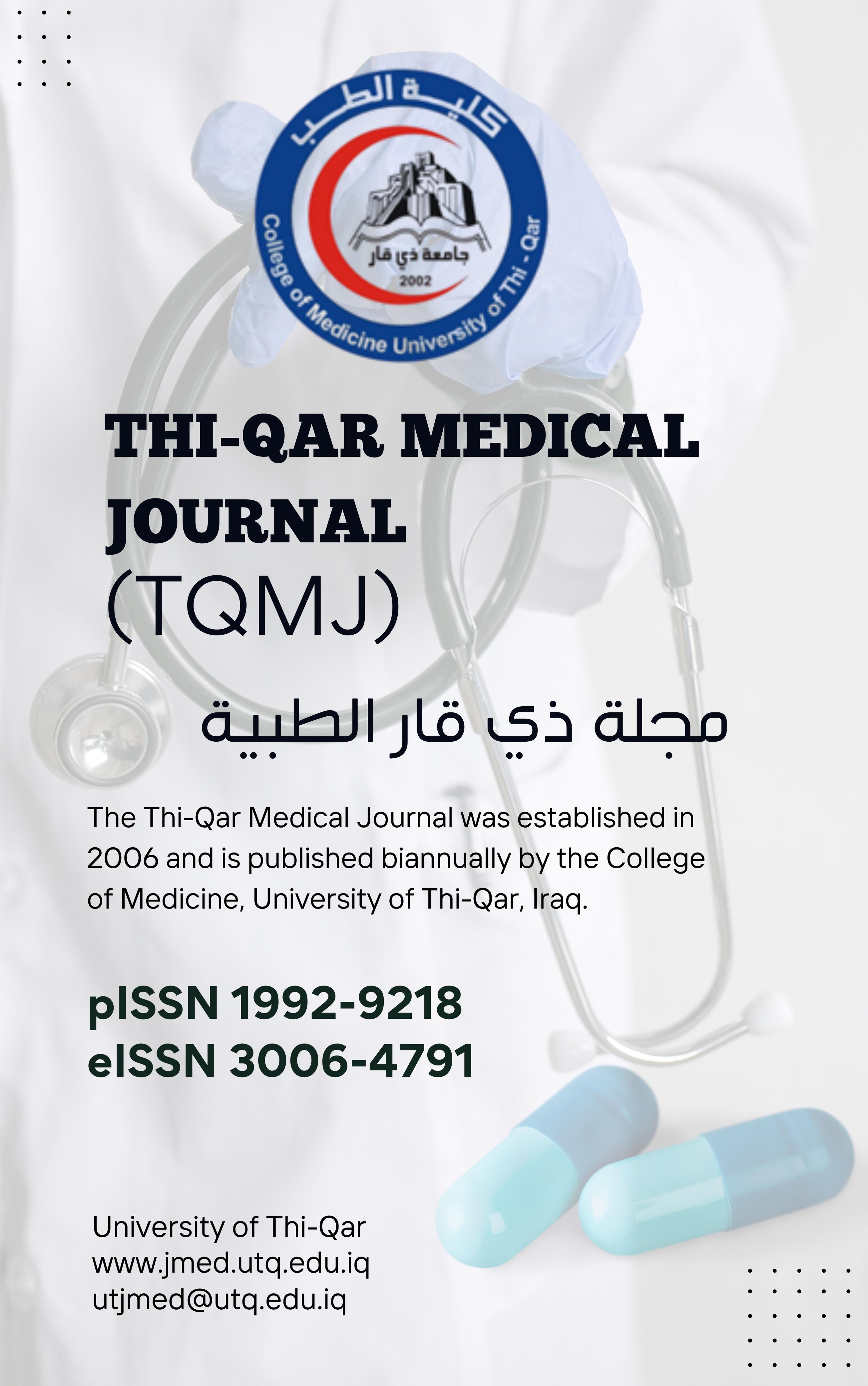Protection of Patients' Rights to Privacy
In University of Thi-Qar Journal of Medicine safeguarding patients' privacy is of utmost importance. Here's how the University of Thi-Qar Journal of Medicine ensures the protection of patients' rights to privacy:
- Avoidance of Identifying Information:
- Written descriptions, and images such as photographs, sonograms, CT scans, and pedigrees should not include identifying information unless it is crucial for scientific purposes.
- Patients' names should be removed from figures unless explicit informed consent has been obtained from the patients.
- Adherence to ICMJE Guidelines:
- The journal follows the guidelines set by the International Committee of Medical Journal Editors (ICMJE).
- Authors, rather than the journal or the publisher, are responsible for obtaining patient consent forms before publication. These forms should be properly archived.
- Consent forms should not be uploaded with the cover letter or sent via email to editorial or publisher offices.
- Transparent Disclosure:
- If the manuscript contains patient images or descriptions that could reveal the patient's identity, a statement about obtaining informed patient consent must be included in the manuscript.
Ensuring patient privacy not only upholds ethical standards but also fosters trust between researchers and patients. By adhering to these guidelines, University of Thi-Qar Journal of Medicine contributes to the ethical conduct of medicine research and publication.
Why It Matters: Protecting patients' privacy is crucial for several reasons:
- Ethical Responsibility: Respecting patients' privacy is a fundamental ethical principle in healthcare and research.
- Trust and Consent: Maintaining confidentiality builds trust between patients and healthcare providers or researchers. Informed consent ensures that patients are aware of how their information will be used.
- Legal Compliance: Adhering to privacy regulations and guidelines helps avoid legal repercussions and protects institutions and researchers from potential lawsuits.
- Data Integrity: Anonymizing patient data helps prevent the misuse or unauthorized access of sensitive information, safeguarding the integrity of research findings.
By prioritizing patient privacy, JBB not only meets ethical standards but also contributes to the credibility and integrity of medicine research.




